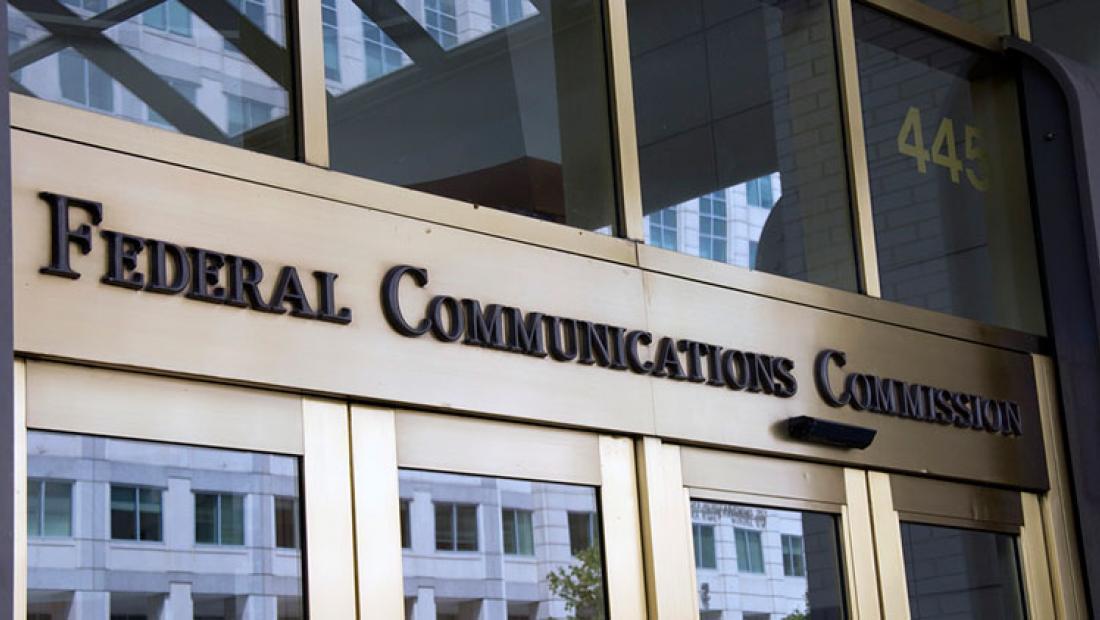KidVid Advocates to FCC: Rules Were Not Made to Be Broken

The smarter way to stay on top of broadcasting and cable industry. Sign up below
You are now subscribed
Your newsletter sign-up was successful
A coalition of kidvid rule backers have told the FCC they have reviewed the record and it justifies retaining the rules.
FCC Commissioner Michael O'Rielly has spearheaded what he signaled was a necessary review of the rules given the increasing availability of children's programming on pay TV and over-the-top.
The FCC voted to launch the review and O'Rielly said it was the beginning of the process and their would be plenty of time for stakeholders to weigh in.
The Center for Digital Democracy, Campaign for a Commercial-Free Childhood, Common Sense Kids Action, Color of Change, Dr. Jenny Radesky, and the Benton Foundation back in June asked the FCC to convert the notice of proposed rulemaking into a notice of inquiry, which is one step short of an NPRM. While that did not happen, they have taken advantage of the comment period to vet the proposal.
"Having now reviewed the comments, Child Advocates believe that the record supports retention of the current guidelines," they told the FCC. "The record does not show that non-broadcast platforms provide significant educational programming for children. In addition, many families continue to rely on over-the-air broadcasting and cannot afford the alternatives. And despite changes in viewing habits, large numbers of children still watch broadcast television."
The FCC is proposing to eliminate the requirements that mandatory children's educational and informational programming be at least a half-hour long and regularly scheduled, that it must air on a TV station's primary channel, and that TV stations must file quarterly children's TV reports—the item suggests annually is sufficient—and seeks input on other ways to streamline reporting requirements.
It also proposes to allow broadcasters to satisfy their kids programming obligations via sponsorship efforts or other "non-broadcast" efforts.
The smarter way to stay on top of broadcasting and cable industry. Sign up below
The item also seeks comment on other elements of its rules, including limitations on preemptions and "whether to update the three-hour per week processing guideline used in determining compliance with the children’s programming rules."
Behind the proposed changes and questions are the Republicans' argument that the market has changed, that a wealth of children's TV is available on MVPDs and over-the-top providers, that broadcasters need more flexibility on when and how to program their required children's fare, and that only a small fraction of homes with kids lack either broadband or an MVPD—20% of 2.5%, according to Commissioner Michael O'Rielly.
Related: FCC :launches Kidvid Revamp
Broadcasters have suggested they be able to fulfill their obligation of three hours per week, if it is retained, on multicast channels rather than the primary channel.
The groups say that either reducing the number of hours or shifting them to multicast channels will lead to fewer children watching E/I programming and less of that programming.
"It would also eliminate any economic incentive to produce high-quality educational programming. Indeed, the broadcasters candidly admit they would rather air other types of programming that is more lucrative," they said.
The groups say they are not against updating the Children's TV Act (which the FCC rules enforce) to reflect marketplace changes, but revamping the FCC rules first would be putting the kiddie cart before the pony.
"Child Advocates support the proposal of Sesame Workshop to convene experts and stakeholders to update the CTA to take account of changes in the media landscape and to take advantage of the educational potential of alternative platforms," they said. "But until this occurs, the FCC should keep the current guidelines in place to ensure that the most vulnerable children continue to have some access to educational programming."
The main asks and critiques are summed up in the reply comment table of contents.
- Non-broadcast children’s programming is generally not designed to educate or inform children
- Many families continue to watch and rely on over-the-air broadcasting
- Many families are unable to afford non-broadcast alternatives
- Many children watch broadcast television
- Adopting the NAB safe harbor would reduce the amount, viewership and advertising revenues from children’s educational programming, making production uneconomical
- There is no merit to NAB’s claims about the benefits of putting all children’s educational programming on multicast channels
- Broadcasters, cable and DBS operators must maintain publicly accessible records sufficient to verify compliance
- The commission should not eliminate the Children’s Television Program Reports
- Cable and satellite operators must continue to provide documentation showing compliance with advertising guidelines in their online public inspection files.
Contributing editor John Eggerton has been an editor and/or writer on media regulation, legislation and policy for over four decades, including covering the FCC, FTC, Congress, the major media trade associations, and the federal courts. In addition to Multichannel News and Broadcasting + Cable, his work has appeared in Radio World, TV Technology, TV Fax, This Week in Consumer Electronics, Variety and the Encyclopedia Britannica.

